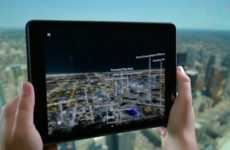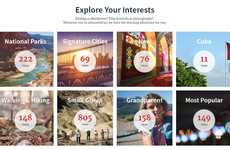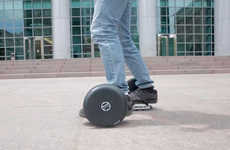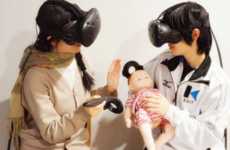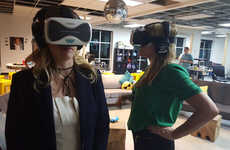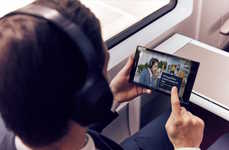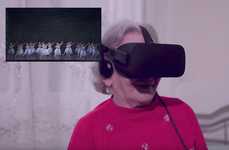
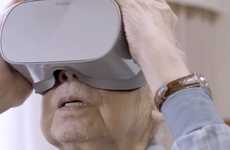


Virtual reality offers consumers access to travel experiences around the globe
Trend - Brands are using virtual reality technology—either as a stand-alone service or interactive marketing experience—to connect consumers to the larger world by allowing them to travel and explore from the comfort of their own home.
Insight - While the global travel industry is booming, some individuals are finding themselves with restricted options due to limited mobility, pertaining either to their financial situation or for medical reasons. Driven by a desire to explore new spaces and cultures, this demographic looks for more accessible opportunities that will allow them to experience something new while satisfying their curiosity and Wanderlust.
Insight - While the global travel industry is booming, some individuals are finding themselves with restricted options due to limited mobility, pertaining either to their financial situation or for medical reasons. Driven by a desire to explore new spaces and cultures, this demographic looks for more accessible opportunities that will allow them to experience something new while satisfying their curiosity and Wanderlust.
Workshop Question - What are the changes that virtual reality is having on your industry and/or brand?
Trend Themes
1. Virtual Reality Travel - Virtual reality is being used to create accessible travel experiences for people with disabilities and those who cannot afford it.
2. 360-degree VR Experiences - 360-degree virtual reality experiences allow individuals with limited mobility to explore destinations and museums from the comfort of their own home.
3. Senior-friendly VR Experiences - Virtual reality travel experiences are tailored to seniors in order to improve their well-being and provide a sense of adventure.
Industry Implications
1. Hospitality - Hotels and resorts can offer virtual reality experiences to attract guests and provide additional travel options for those with limited mobility.
2. Healthcare - Virtual reality technology can improve the well-being of seniors and individuals with disabilities by providing a sense of adventure and fulfillment.
3. Tourism - Virtual reality can be used by tour companies and travel agencies to offer unique and accessible travel experiences for their customers.





